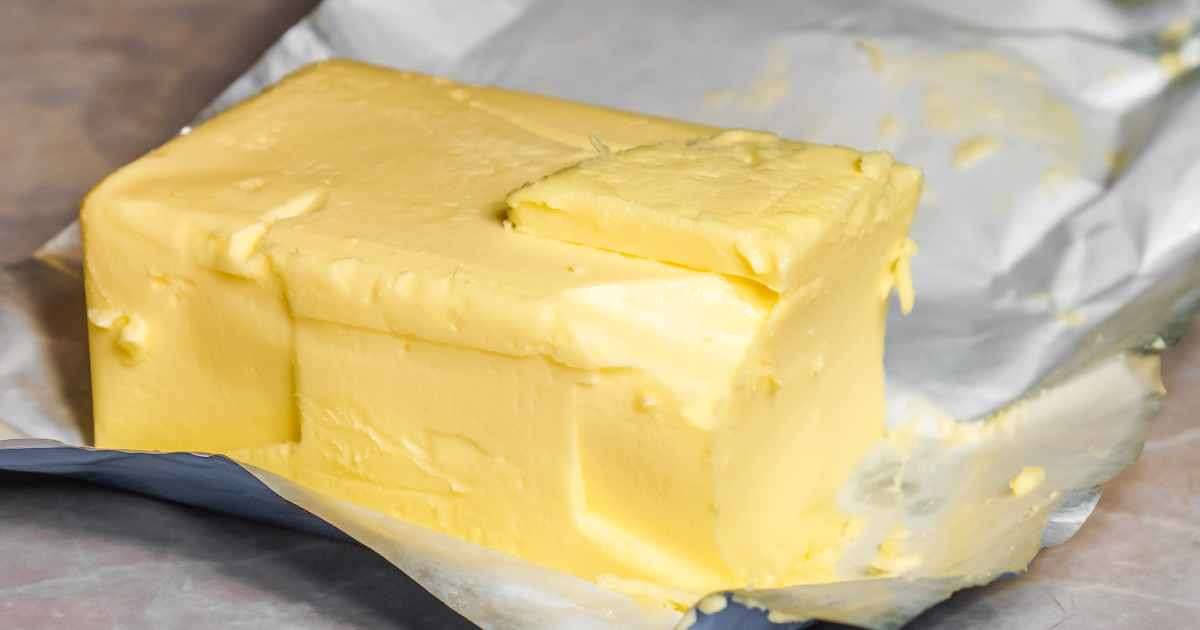Is Butter Bad For You?

Origins of Butter
What Kind of Healthy Nutrients Does Butter Have?
butter can help you fight heart-related conditions. Don’t believe it? Then read on to know the facts that prove butter is a superfood.
1) Butter Is Rich in Vitamins
2) Butter Contains Healthy Short-Chain Fatty Acids
Health Benefits of Butter
Butter Linked with Lower Risk of Heart Disease
Butter Fights Obesity
What Does A Healthy Amount Of Butter Mean?
Butter Wins the Health Debate
1)https://www.healthline.com/nutrition/5-studies-on-saturated-fat
2)https://health.clevelandclinic.org/your-diet-and-heart-disease-rethinking-butter-beef-and-bacon/
3)https://www.healthline.com/nutrition/foods/butter
4)https://www.npr.org/sections/thesalt/2017/02/24/515422661/spread-the-word-butter-has-an-epic-backstory
5)https://www.westonaprice.org/health-topics/know-your-fats/why-butter-is-better/
6)https://ndb.nal.usda.gov/ndb/foods/show/132
7)https://academic.oup.com/jn/article/138/10/1835/4669996
8)https://www.ncbi.nlm.nih.gov/pubmed/26447482
9)https://www.ncbi.nlm.nih.gov/pubmed/11375434
10)https://www.cambridge.org/core/journals/british-journal-of-nutrition/article/calcium-plus-vitamin-d-supplementation-and-fat-mass-loss-in-female-very-lowcalcium-consumers-potential-link-with-a-calciumspecific-appetite-control/623D71E0A965E910C48903089FA7B56C
11)https://academic.oup.com/ajcn/article/89/5/1321/4596773
12)https://www.ncbi.nlm.nih.gov/pmc/articles/PMC2726624/
13)https://onlinelibrary.wiley.com/doi/abs/10.1111/j.1365-2796.2008.02008.x
14)https://www.ncbi.nlm.nih.gov/pmc/articles/PMC4927899/
15)https://www.ncbi.nlm.nih.gov/pubmed/15619681
16)https://www.ncbi.nlm.nih.gov/pubmed/25147783/
17)https://www.ncbi.nlm.nih.gov/pmc/articles/PMC5382296/
18)https://www.ncbi.nlm.nih.gov/pmc/articles/PMC3326240/
19)https://www.tandfonline.com/doi/abs/10.1080/13590849961717
20)https://www.ncbi.nlm.nih.gov/pubmed/19179058
21)https://www.ncbi.nlm.nih.gov/pubmed/18400723
22)https://www.ncbi.nlm.nih.gov/pubmed/16801507
23)https://www.bmj.com/content/363/bmj.k4067
24)https://www.ncbi.nlm.nih.gov/pubmed/9187617
25)https://www.ncbi.nlm.nih.gov/pubmed/16475675
26)https://www.ncbi.nlm.nih.gov/pubmed/19266226
27)https://www.ncbi.nlm.nih.gov/pubmed/11110851
28)https://www.deannaminich.com/the-benefits-of-butter-a-rich-source-of-butyrate/
29)https://www.ncbi.nlm.nih.gov/pubmed/12716665
30)https://www.ncbi.nlm.nih.gov/pubmed/9583838
31)https://www.ncbi.nlm.nih.gov/pubmed/10856769
32)https://link.springer.com/article/10.1007/s00394-012-0418-1
33)https://www.heart.org/en/healthy-living/healthy-eating/eat-smart/fats/saturated-fats
















